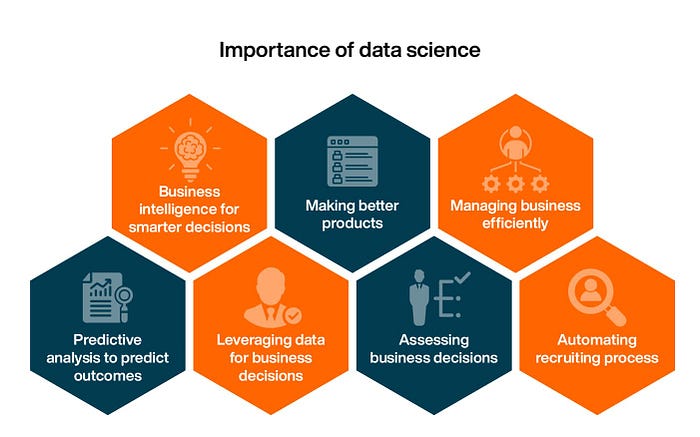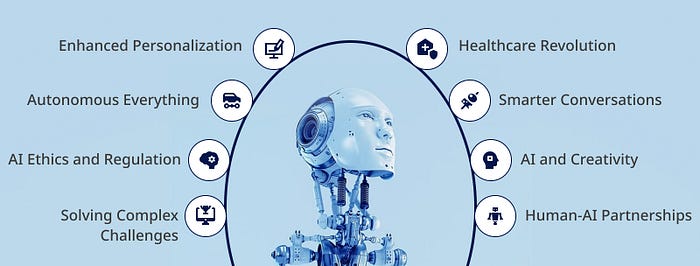How Data Science is Transforming Business Intelligence & Decision-Making
- Get link
- X
- Other Apps
How Data Science is Transforming Business Intelligence & Decision-Making
Introduction
In today’s data-driven world, businesses must leverage advanced analytics to stay competitive. Traditional Business Intelligence (BI) tools are no longer sufficient to handle the massive influx of data. This is where Data Science comes into play. By integrating predictive analytics, machine learning, and artificial intelligence, organizations can gain deeper insights and make informed decisions with greater accuracy.

The Evolution of Business Intelligence
Business Intelligence has traditionally focused on descriptive analytics — answering what happened? However, with the advent of Data Science, companies can now leverage predictive and prescriptive analytics to answer what will happen? and what should be done? This shift has led to improved efficiency, better customer experiences, and optimized business strategies.

Key Areas Where Data Science Enhances Business Intelligence
1. Predictive Analytics
- Uses historical data to forecast future trends.
- Helps in demand forecasting, risk assessment, and customer behavior predictions.
2. Automated Decision-Making
- AI-driven systems analyze vast datasets in real time.
- Reduces human error and enhances decision-making efficiency.
3. Data-Driven Marketing Strategies
- Analyzes customer data to create personalized marketing campaigns.
- Improves customer retention and conversion rates.
4. Fraud Detection & Risk Management
- Identifies anomalies in financial transactions and operational processes.
- Enhances cybersecurity and minimizes financial losses.
5. Operational Optimization
- Streamlines supply chain management and inventory forecasting.
- Improves overall business efficiency by identifying bottlenecks.
Real-World Examples of Data Science in Business Intelligence
- Amazon: Uses AI-powered recommendations to enhance user experience.
- Netflix: Leverages machine learning to suggest personalized content.
- Walmart: Implements predictive analytics for inventory management.

Future of Business Intelligence with Data Science
With advancements in deep learning, natural language processing, and big data analytics, the future of Business Intelligence is bound to be even more automated and data-driven. Businesses adopting these technologies will gain a competitive edge in their respective industries.
Frequently Asked Questions (FAQs)
Q1: How does Data Science improve Business Intelligence? A: Data Science enhances BI by enabling predictive and prescriptive analytics, automation, and real-time decision-making.
Q2: What industries benefit the most from Data Science in BI? A: Retail, healthcare, finance, e-commerce, and manufacturing industries see significant benefits.
Q3: Do small businesses need Data Science for decision-making? A: Yes, even small businesses can leverage Data Science to optimize operations and improve customer engagement.
Q4: How can I learn Data Science for Business Intelligence? A: You can start by taking online courses, such as Data Science Online Training.
Conclusion
Data Science is revolutionizing Business Intelligence by making it more predictive, automated, and efficient. Companies that embrace these technologies will gain a competitive edge in today’s fast-paced business environment.
- Get link
- X
- Other Apps

Comments
Post a Comment